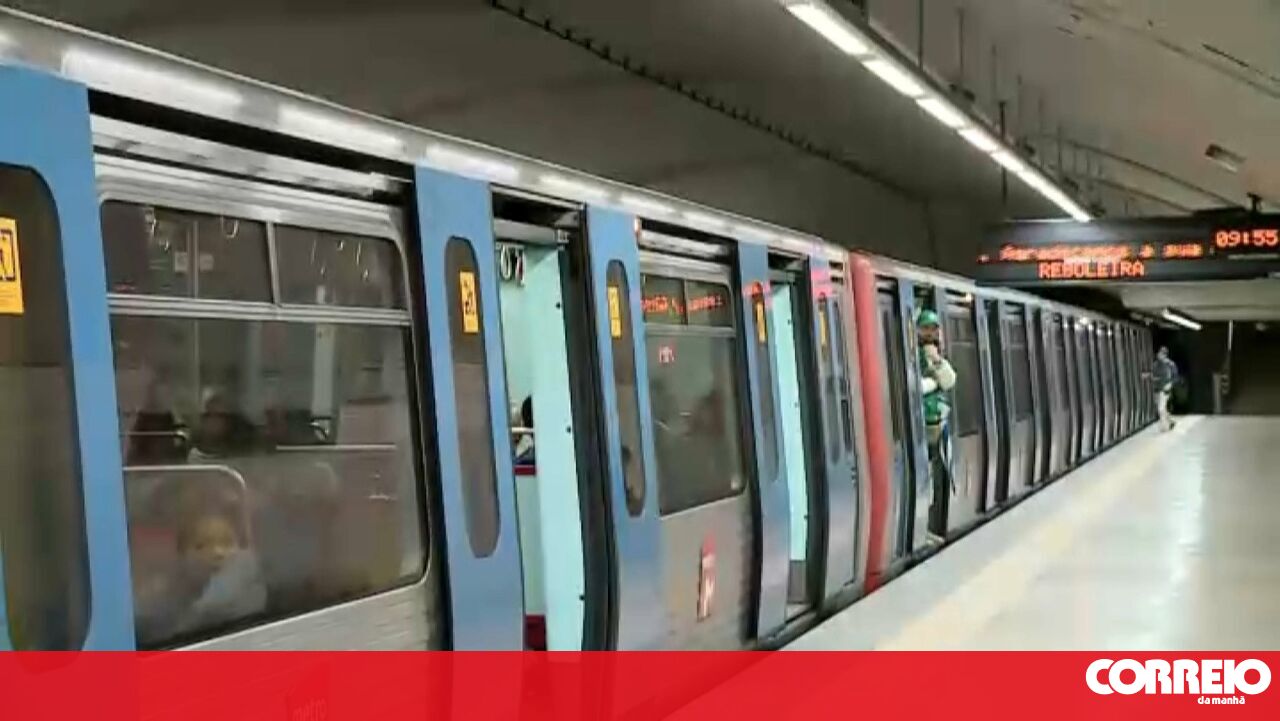Reclaiming Childhood in Lisbon's Streets
In Lisbon, the streets once belonged to children—filled with laughter, games, and freedom. Today, cars dominate, turning the journey to school into a hazardous commute. Car trips by parents ferrying kids account for about 20% of all automotive movements in the city, according to municipal estimates, highlighting a deep dependency on automobiles that has reshaped urban life.

The Rise of the Bike Trains
Since 2015, the CicloExpresso initiative, known in Lisbon as the "Bike Trains", has been fighting back. Originating from the Bicicultura cooperative, this program encourages children to cycle together in groups to school, mimicking a train with scheduled stops. It was adopted as a municipal program in 2020 and has seen remarkable growth, reaching 35 schools with nearly 500 children participating last year, supported by 52 monitors who covered 4,256 kilometers.

Parents receive real-time updates via mobile, ensuring safety and peace of mind. The benefits are vast: improved physical health, better coordination, enhanced social skills, and a stronger sense of community. As one mother, Guida Veiga, shared, "It shows that children have the right to occupy and live in the city, not just pass through as passengers."
A City at a Crossroads
Lisbon aims to reduce car usage to 34% by 2030 and achieve carbon neutrality, but challenges persist. Car entries into the city have surged to 390,000 daily, exceeding pre-pandemic levels. A recent survey, "Mãos ao Ar!", revealed that in 2023, 43.9% of students arrived at school by car, while only 1.5% used bicycles, underscoring the need for change.
Video: Bike train in action
The Funding Crisis
Despite its success, the Bike Trains face uncertainty. Lack of approved funding has suspended the program indefinitely, with no restart date in sight. This isn't the first time—delays in bureaucratic approvals have plagued the initiative in recent years. The municipality's failure to secure necessary funds has left monitors and families in limbo, despite the program being listed in Lisbon's strategic plans.
Experts like Mário Alves warn that without such initiatives, cities become "spaces of threat" for children, leading to isolation and reduced autonomy. The paradox is clear: fear of unsafe streets pushes more families into cars, exacerbating the very problems they seek to avoid.
This article is part of a series on building child-friendly cities, supported by JournalismFund Europe.





















Comments
Join Our Community
Sign up to share your thoughts, engage with others, and become part of our growing community.
No comments yet
Be the first to share your thoughts and start the conversation!